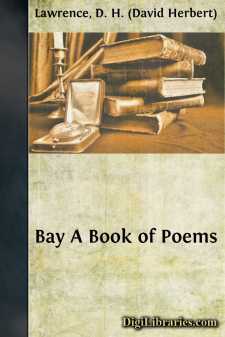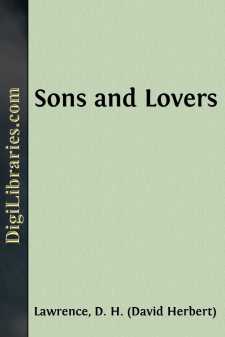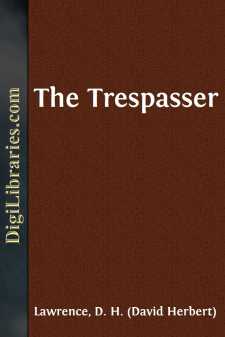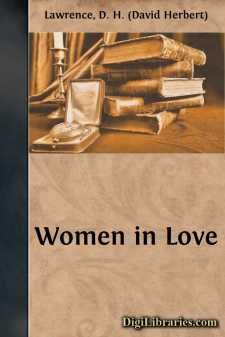Categories
- Antiques & Collectibles 13
- Architecture 36
- Art 48
- Bibles 22
- Biography & Autobiography 813
- Body, Mind & Spirit 142
- Business & Economics 28
- Children's Books 17
- Children's Fiction 14
- Computers 4
- Cooking 94
- Crafts & Hobbies 4
- Drama 346
- Education 46
- Family & Relationships 57
- Fiction 11829
- Games 19
- Gardening 17
- Health & Fitness 34
- History 1377
- House & Home 1
- Humor 147
- Juvenile Fiction 1873
- Juvenile Nonfiction 202
- Language Arts & Disciplines 88
- Law 16
- Literary Collections 686
- Literary Criticism 179
- Mathematics 13
- Medical 41
- Music 40
- Nature 179
- Non-Classifiable 1768
- Performing Arts 7
- Periodicals 1453
- Philosophy 64
- Photography 2
- Poetry 896
- Political Science 203
- Psychology 42
- Reference 154
- Religion 513
- Science 126
- Self-Help 84
- Social Science 81
- Sports & Recreation 34
- Study Aids 3
- Technology & Engineering 59
- Transportation 23
- Travel 463
- True Crime 29
Sort by:
ARGUMENT After much struggling and loss in love and in the world of man, the protagonist throws in his lot with a woman who is already married. Together they go into another country, she perforce leaving her children behind. The conflict of love and hate goes on between the man and the woman, and between these two and the world around them, till it reaches some sort of conclusion, they transcend into...
more...
GUARDS! A Review in Hyde Park 1913.The Crowd Watches. WHERE the trees rise like cliffs, proud and blue-tinted in the distance,Between the cliffs of the trees, on the grey- green parkRests a still line of soldiers, red motionless range of guardsSmouldering with darkened busbies beneath the bay- onets' slant rain. Colossal in nearness a blue police sits still on his horseGuarding the...
more...
CHAPTER I THE EARLY MARRIED LIFE OF THE MORELS "THE BOTTOMS" succeeded to "Hell Row". Hell Row was a block of thatched, bulging cottages that stood by the brookside on Greenhill Lane. There lived the colliers who worked in the little gin-pits two fields away. The brook ran under the alder trees, scarcely soiled by these small mines, whose coal was drawn to the surface by donkeys that...
more...
Chapter 1 'Take off that mute, do!' cried Louisa, snatching her fingers from the piano keys, and turning abruptly to the violinist. Helena looked slowly from her music. 'My dear Louisa,' she replied, 'it would be simply unendurable.' She stood tapping her white skirt with her bow in a kind of a pathetic forbearance. 'But I can't understand it,' cried Louisa,...
more...
BABY TORTOISE You know what it is to be born alone,Baby tortoise!The first day to heave your feet little by littlefrom the shell,Not yet awake,And remain lapsed on earth,Not quite alive. A tiny, fragile, half-animate bean. To open your tiny beak-mouth, that looks as ifit would never open,Like some iron door;To lift the upper hawk-beak from the lower baseAnd reach your skinny little neckAnd take your...
more...
FORWARD The present book is a continuation from "Psychoanalysis and the Unconscious." The generality of readers had better just leave it alone. The generality of critics likewise. I really don't want to convince anybody. It is quite in opposition to my whole nature. I don't intend my books for the generality of readers. I count it a mistake of our mistaken democracy, that every man...
more...
CHAPTER I. Ursula and Gudrun Brangwen sat one morning in the window-bay of their father's house in Beldover, working and talking. Ursula was stitching a piece of brightly-coloured embroidery, and Gudrun was drawing upon a board which she held on her knee. They were mostly silent, talking as their thoughts strayed through their minds. 'Ursula,' said Gudrun, 'don't you REALLY...
more...








